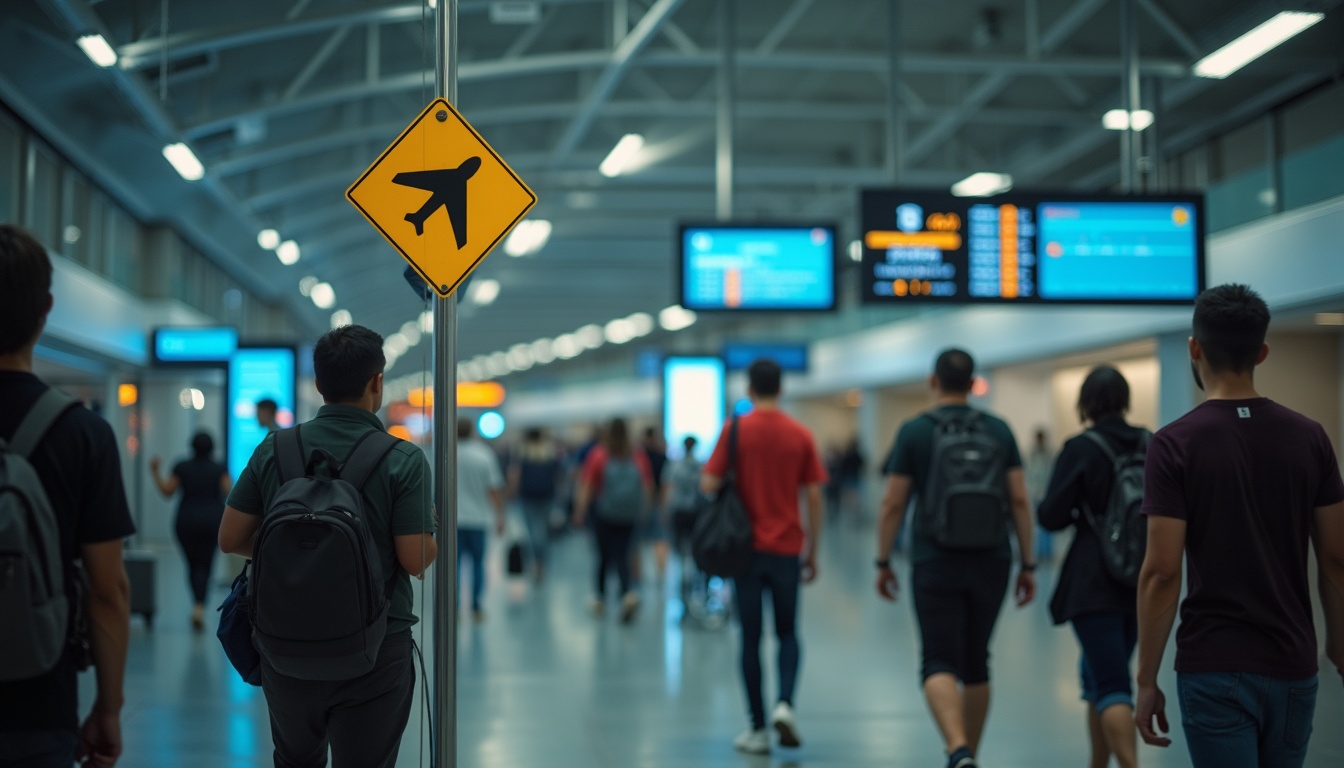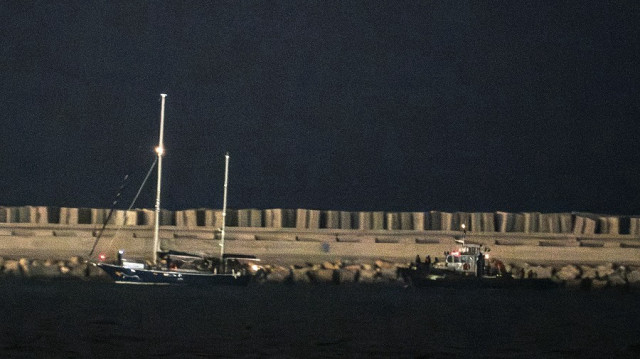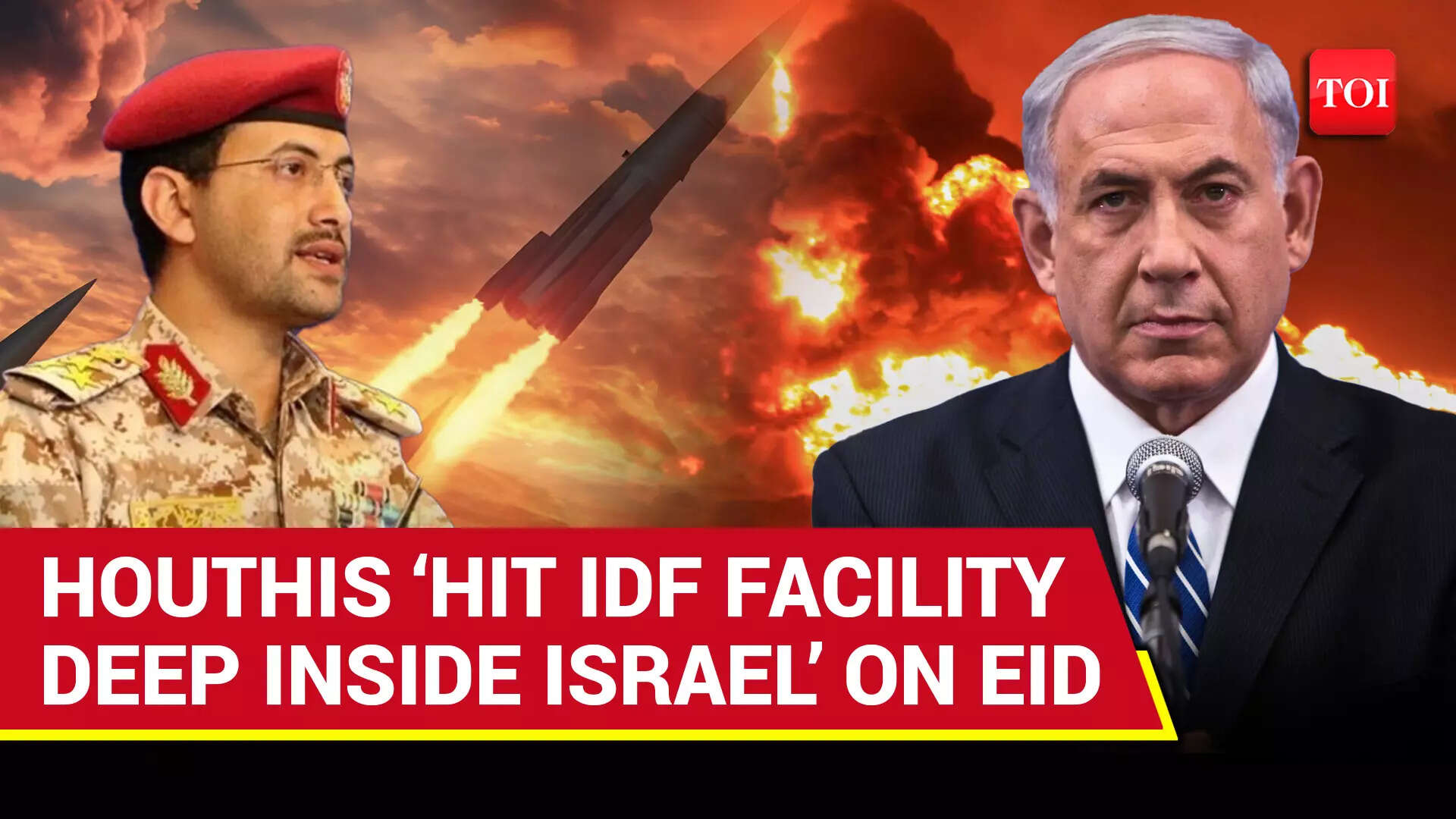Millions of Israelis across the country were forced to seek shelter today as air raid sirens wailed from Jerusalem to Tel Aviv and beyond, signaling a massive wave of incoming rocket attacks. The Israel Defense Forces (IDF) confirmed that dozens of towns, cities, and industrial zones came under threat amid the largest barrage of the current conflict, an escalation driven by Iranian-backed terror networks operating across multiple fronts.
The rocket fire, launched by Iran’s proxies in Gaza, Lebanon, and potentially even from Iranian forces in Syria, is being widely viewed as a coordinated attempt to overwhelm Israel’s missile defense systems. While the Iron Dome and David’s Sling systems have intercepted many of the projectiles, several have caused damage in central Israel, including in Rishon LeZion, Rehovot, and areas near Ben Gurion Airport. Emergency responders are currently assessing injuries and damage.
According to the IDF, sirens sounded in over 200 distinct locations including Jerusalem, Tel Aviv, Ramla, Petach Tikva, Ramat Gan, Be’er Yaakov, Ness Ziona, Ashdod, and the densely populated Gush Dan region. The wave of attacks appeared timed to coincide with the Iranian regime’s annual Quds Day commemorations—events that typically feature anti-Israel rhetoric and military posturing.
This comes just days after the IDF confirmed a direct hit on a bunker in Iran prominently featured in a propaganda video showcasing high-level Iranian commanders. That bunker, believed to have stored precision-guided munitions intended for Hezbollah and other regional proxies, was targeted by Israeli airstrikes in what officials have called a preemptive action to degrade Iran’s strike capabilities.
In a televised statement earlier this week, Prime Minister Benjamin Netanyahu emphasized that Israel would not allow the Islamic Republic to turn its neighbors into launching pads for war. “We are determined to protect our people. The Iranian regime is funding and directing terrorist groups to do its bidding. We will respond with force, precision, and full legitimacy.”
The situation escalated further over the weekend with Israel striking multiple Hezbollah positions in southern Lebanon following cross-border rocket attacks. In Gaza, the IDF has launched operations targeting Hamas infrastructure, while also confronting threats from Iranian-backed Islamic Jihad cells attempting to fire long-range missiles toward central Israel.
Meanwhile, Israeli intelligence services are closely monitoring signs that Tehran may be accelerating its nuclear weapons program amid the regional chaos. According to a senior defense official quoted by The Times of Israel, “Iran’s strategic goal remains unchanged: build a nuclear arsenal while destabilizing the region through its terror network. We are exposing and disrupting that plan, piece by piece.”
The international community has begun to weigh in, with the U.S. reaffirming its support for Israel’s right to self-defense. A Pentagon spokesperson indicated that American forces in the region remain on alert and that the U.S. is sharing intelligence to assist in the tracking of Iranian weapons shipments and proxy movements.
As of now, Israeli civil defense authorities have instructed residents across the country to remain close to bomb shelters and heed real-time alerts. Schools and public transportation in some areas have been suspended. Hospitals, including those in Tel Aviv and Jerusalem, are operating under emergency protocols to handle potential mass casualty events.
While the barrage has caused widespread anxiety, Israel’s layered defense systems and rapid response teams have proven critical in minimizing casualties. But as the conflict intensifies, so too does the threat posed by Iran’s growing regional aggression and its pursuit of nuclear capabilities.
Israel remains resolute, standing firm against a regime that seeks its destruction. As sirens fade and smoke clears, the message from Jerusalem is clear: the Jewish state will not be cowed by terror, and it will never allow Iran to cross the nuclear threshold.









